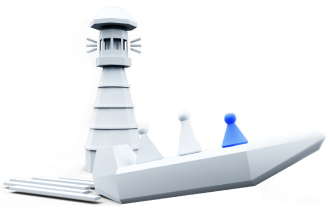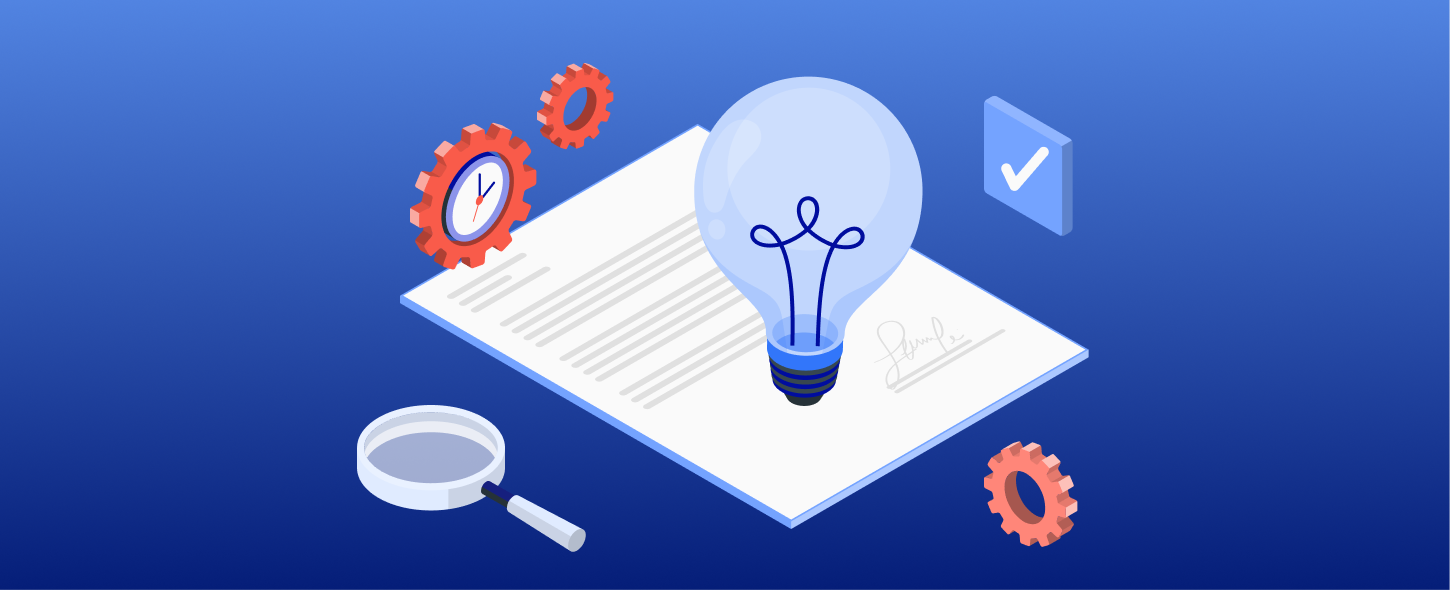Practical Use Cases
What Do Interim CEOs Do?
Hire Interim CEOs,
Easier than Ever Before



FAQs
What makes Interim CEOs different?
Is hiring Interim CEOs through Consultport in less than 48 hours possible?
What does the “no-risk, pay only if satisfied” mean when I search for Interim CEOs?
Ready to get started?
CEOs are the highest ranking members of an organization. In the event that this person leaves on short notice, it is imperative to fill the position as quickly and efficiently as possible. There are several reasons why an Interim CEO may be needed. One possibility would be that the CEO resigns, needs to be dismissed or is on a temporary leave of absence. There is also the possibility that the company is facing bankruptcy or is in another critical situation that requires competent leadership. The following are several advantages of hiring an Interim CEO:

Experience
When a business is in a critical situation, an Interim CEO can provide invaluable experience and insight. Due to their extensive experience in executive positions in many companies, they are able to manage a new executive team effectively and efficiently. Furthermore, these experiences helped them develop a broad perspective, cross-industry experience and open-mindedness. Their ability to adapt easily to a new team and understand complex business matters quickly makes them ideal for making organizational changes.
Objectivity
A CEO who comes in externally has an unbiased, objective perspective. As opposed to permanent employees, they aren't intimidated by stating an unpopular truth or changing what's been done for years. Rather, Interim CEOs are purely results-driven. This may allow them to spot problems and implement improvements that an internal CEO would not be able to see. Similarly, they may be able to approach old issues with a fresh perspective, resulting in more innovative solutions.
Sustainability
In most cases, an Interim CEO won't stay for more than 18 months. Their experience and knowledge will, however, outlast their presence in the organization. It is the Interim CEO's responsibility to share their knowledge and ideas with company employees so that they can learn new ways of doing things. During times of difficulty, such as bankruptcy threats, the Interim CEO may be able to save the company and ensure its survival for years to come.
Adaptability
Having an adaptable CEO is crucial to a company's success. A smooth transition depends on the ability of the person who fills the vacant position to adapt quickly. Because Interim CEOs are used to switching companies often, they can skip the initial adoption phase and start working on a high level of efficiency and productivity right away. Also, they possess the soft skills necessary to adjust quickly to lead a new team and earn the trust of their colleagues.
Tips on How to Hire Interim CEOs
When a company hires the wrong Interim CEO, it can have extensive financial consequences. This is why hiring the right person for this position is crucial to maximizing investment returns.
Consider these questions before finding an Interim CEO: “What are our primary goals and objectives?” Knowing what the CEO will be working on is important. Are they leading your company out of a potential bankruptcy, managing the sale of the company, or leading during a difficult period of change? It might also be that you need someone to help lead a start-up in its growth phase, or to simply replace the current CEO until a new one is found. Depending on the business situation, a company's goals and objectives may differ greatly. Similarly, the skills, traits, and experience needed for an Interim CEO also differ.

There are, however, several aspects to consider when hiring an Interim CEO:
People Management and Leadership
Interim CEOs need to be able to quickly assess the people they are working with. Furthermore, they need to be able to establish trust with them and recognize their strengths and weaknesses to lead them in a way that maximizes profits for the company.
Communication
It is important that Interim CEOs demonstrate excellent communication skills, including the ability to listen as well as communicate verbally. When they fully understand the business environment and earn the trust of the team, they can effectively steer the company towards success.
Adaptability
To be successful, Interim CEOs must quickly understand the company culture and its people. Adapting quickly to their new work environment is crucial to their success. It is only then that Interims can begin to work productively and efficiently.
Strategic Mindset
As Interim CEOs only stay with companies for a short period of time, this aspect is especially important. Consequently, they should consider the firm's long-term strategy when making decisions and work towards its long-term success.
There are of course many more traits and characteristics that distinguish a good Interim CEO from a bad one. Moreover, the success of the Interim also depends on the cooperation of the team and the degree to which the Interim CEO is allowed to take over and make changes.
Trending Articles







